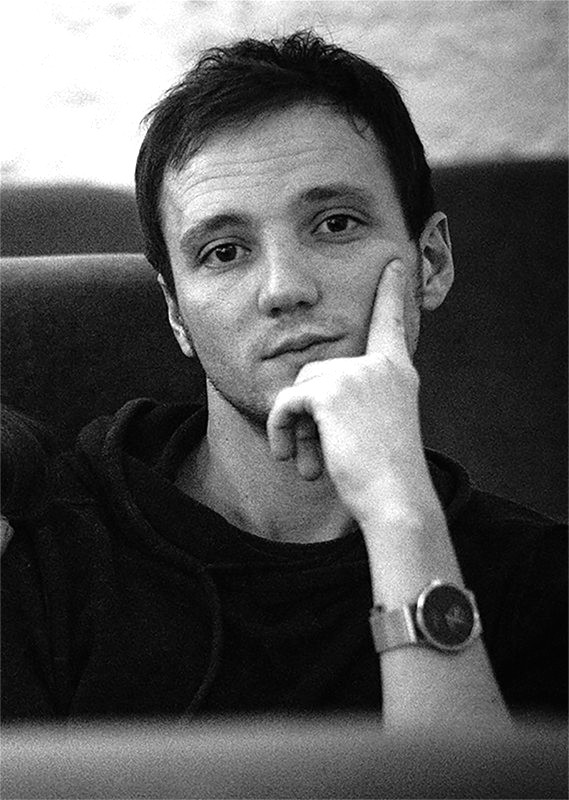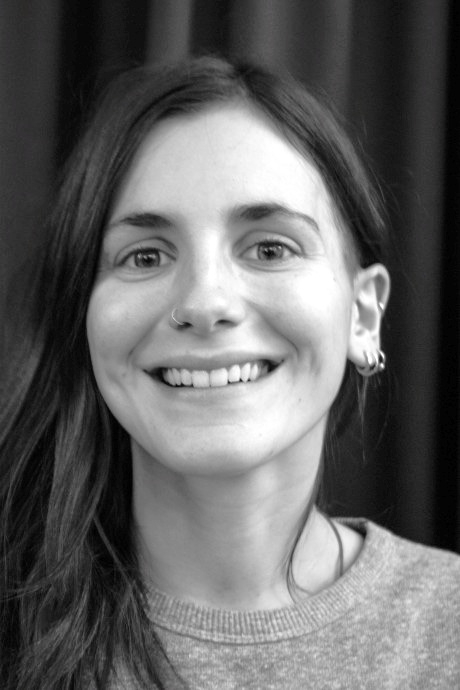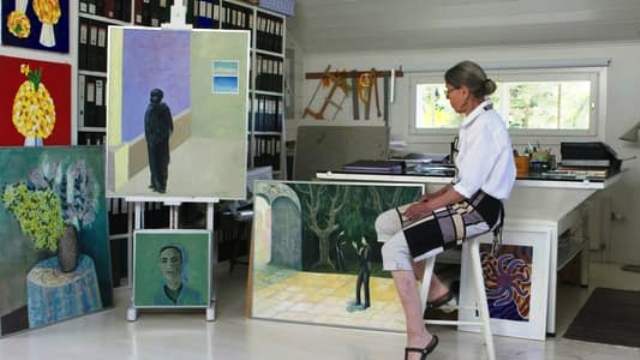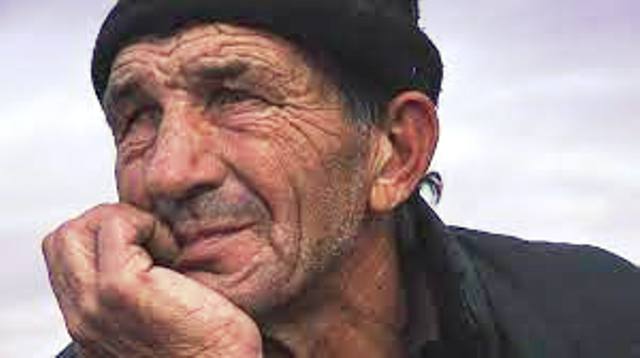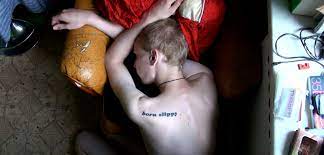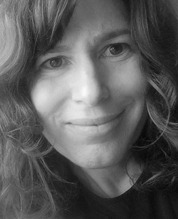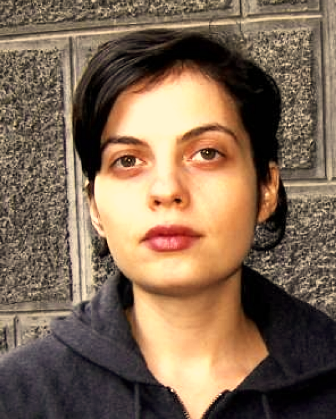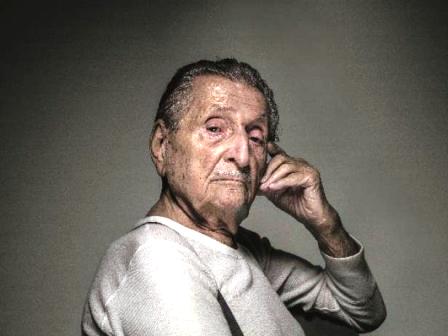


What is a documentary?
What is a documentary
At my first day in Zelig Film school i met a man named Tue Steen Müller that immediately asked us to present ourselves and talk about a documentary we saw. I briefly explained what brought me to love films and especially documentary. And while hearing all the other future ‘cinema people’ answers my mind started drifting about in how many aspects a movie can create a connection with people. So when the man who lived in the cinema industry for a long time asked us newbies to write 3 words that described what we think a documentary is I immediately wrote down the word Adventure. Adventure is the key word of my life, and since every form of living organism, human or not, is living one, a documentary is the mean of trying to take that content and bring it to the World. A documentary is definitely something different for the ones who make it and the ones who watch it. From my point of view as an, hopefully, future film maker I see a mean of taking my passion into something that can be an insight of an aspect of society, the care for a dear friend and his issues, an event i care about, a challenge i want to win in researching, respecting and sharing the realities and truths of a story that will cause a reflection in the watchers mind. Until now i’ve always been on the other side of the picture, watching and enjoying the love that film makers bring in their movies. Trying to get the knowledge out of it and make it mine, using cinema as a door that lead to inspirations through a storytelling that will answer all the questions that comes in my mind. Documentary as a viewer is about intriguing my curiosity and finding myself surprised from how much Adventures can be different. Quoting one of my favorite movies ‘To see the world, things dangerous to come to, to see behind walls, draw closer, to find each other, and to feel. That is the purpose of life.’ and that is what i want my movies to be.
Riccardo Brugnara
The Truth about Documentary
When a group of 25 students are being asked ‘What is Documentary?’, the word ‘truth’ comes up multiple times. This makes sense, you would say. You could even say that this is what differentiates documentary film from fiction, being about a true story. We could define this as a characteristic of documentary, but somehow this does not seem right. What even is truth? When is a film enough truth to be considered a documentary?
For me, this aspect cannot just define documentary film, but it is one of the fascinating parts of it. It is interesting that documentary is indeed about a story that is true, but it is more than that. It is a lens to see a small part of the world through. Because it only gives a frame to look through, this makes it possible to focus on certain elements without viewing the whole event. This means the film is a version or a part of the truth that interests and moves the maker, and therefore highlights this specific part of it. It is about observing a subject, reflecting on it and finding the perspective that moves the most.
Because that is for me what documentary should be: moving. Moving in the literal meaning of the word; to activate the viewer to take action or change their thinking or even their behaviour. But also moving in the broader sense, that is opens the viewer to emotions. These could be either positive or negative, but it is the impact of emotions you feel from a film, that sticks with you. It is like with people in real life. We tend to forget what people look like or what they said, but will always remember how they made us feel. The stronger these feelings, the better the people stick with you. I think the same applies to documentary. The ones that moved you, that make you feel strong emotions, are the ones that have an impact and will be remembered.
The big impact emotions have in documentary, also makes the medium highly subjective. This case, together with the fact that it is not possible to portray the whole objective truth, is the beauty of documentary film. Having to choose the perception and perspective of the film, gives the maker the ability to control the focus of the narrative, and therefore of the topic. For the viewer, this could mean a completely new way of seeing someone or something as they would never see it by themselves. To be able to be blown away by a film, discover and feel new things, even if they might think to know the ‘truth’. To play with the interpretation of the truth, and finding the perspective and form that moves the most, that is for me what documentary is.
Annieke Boer
